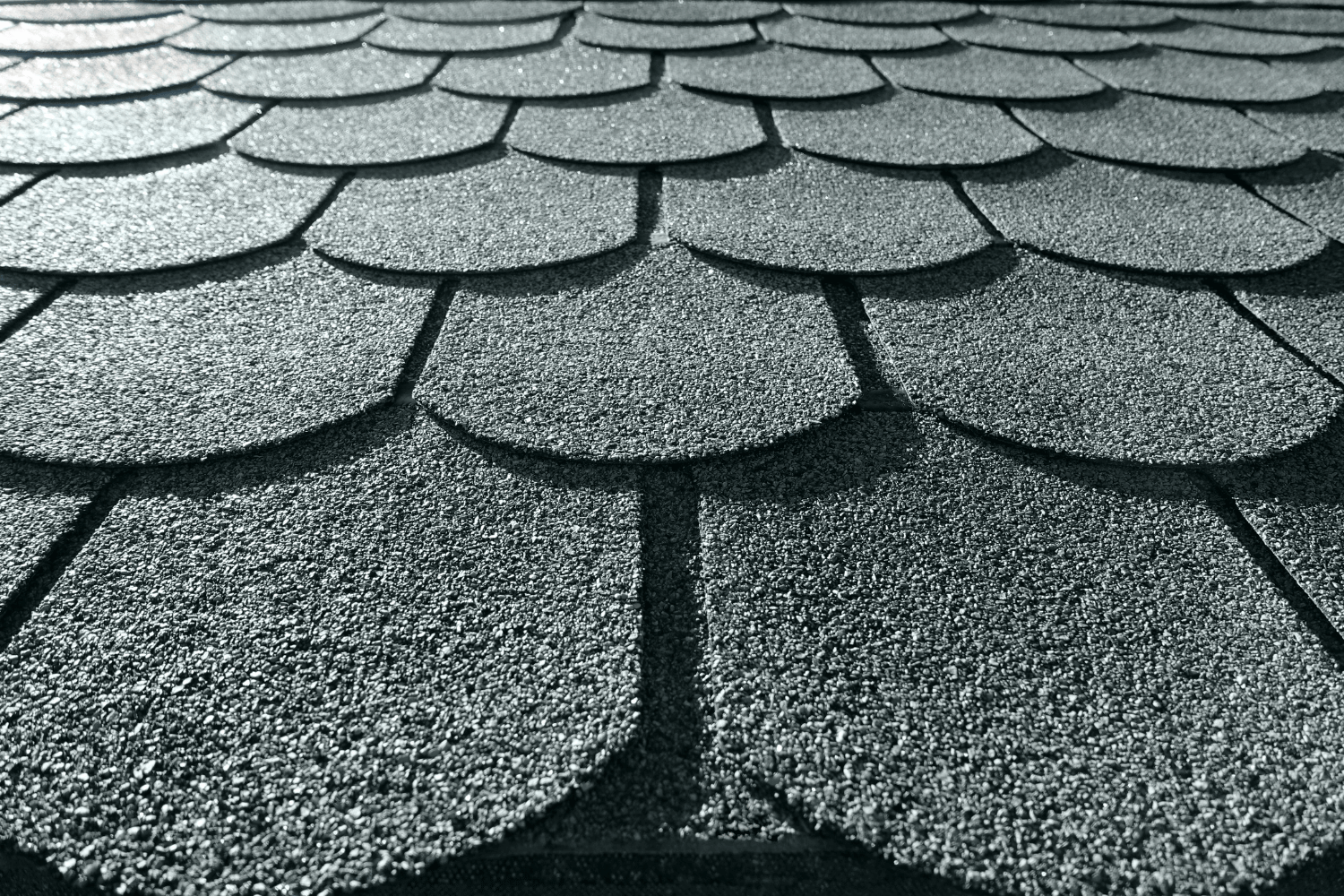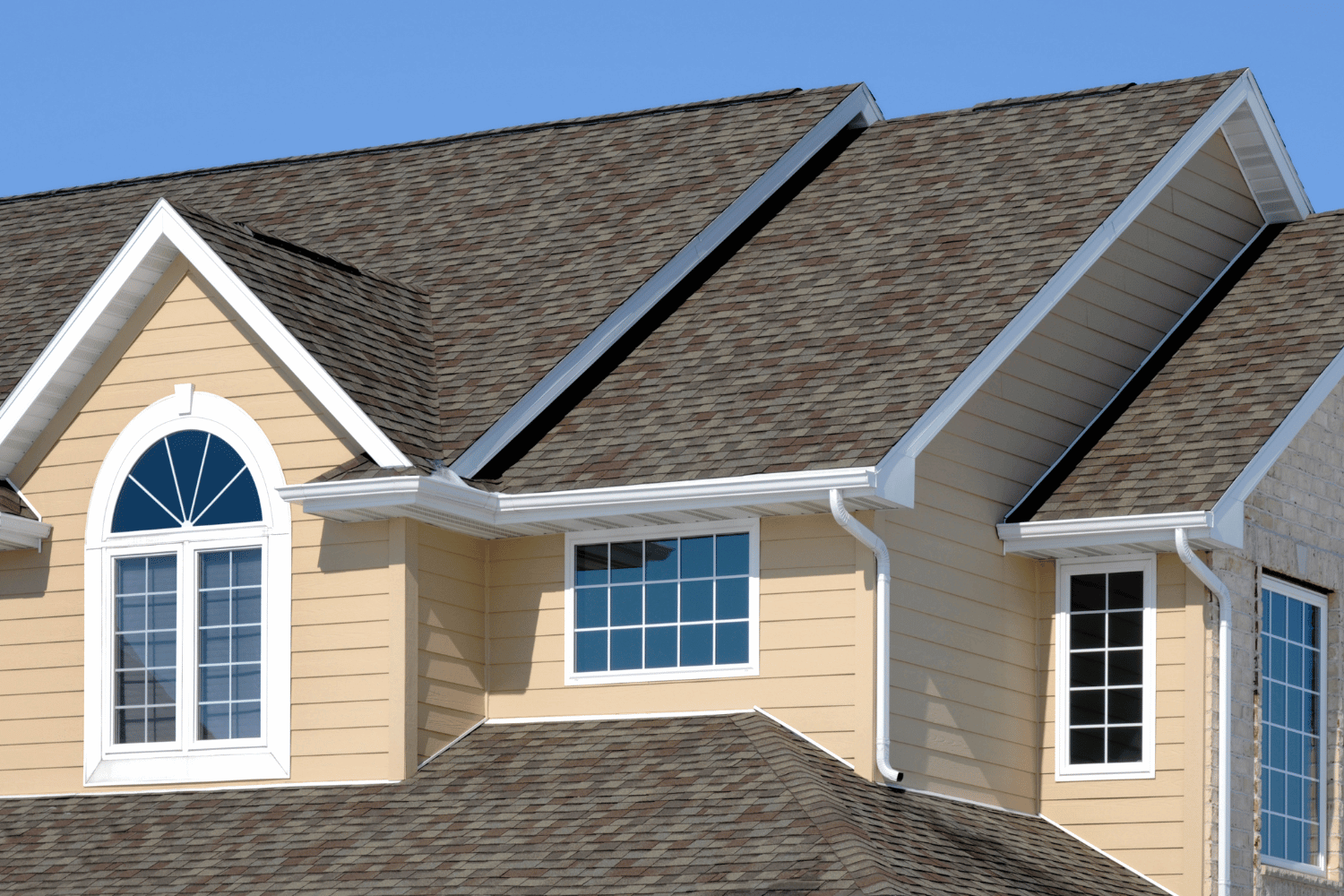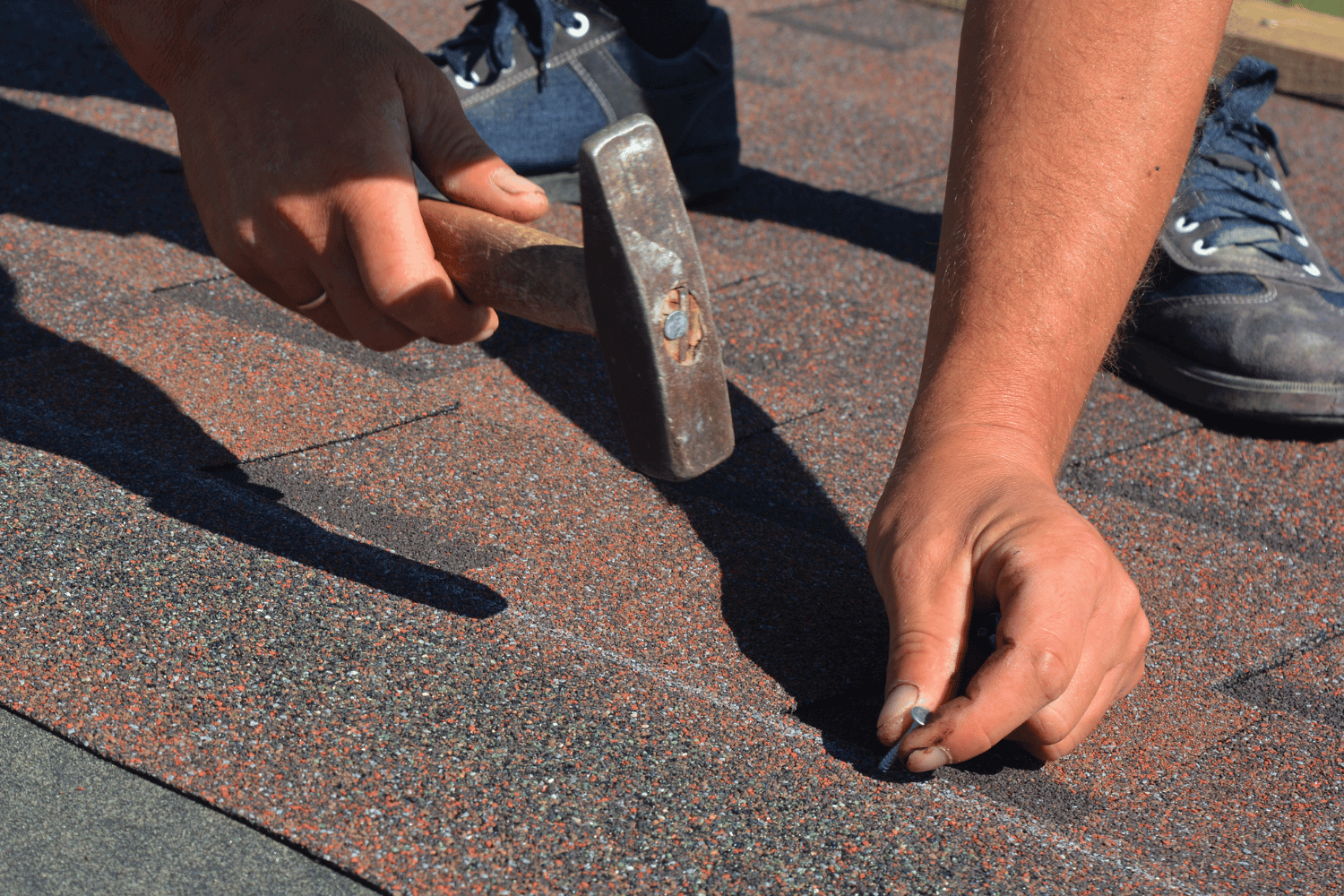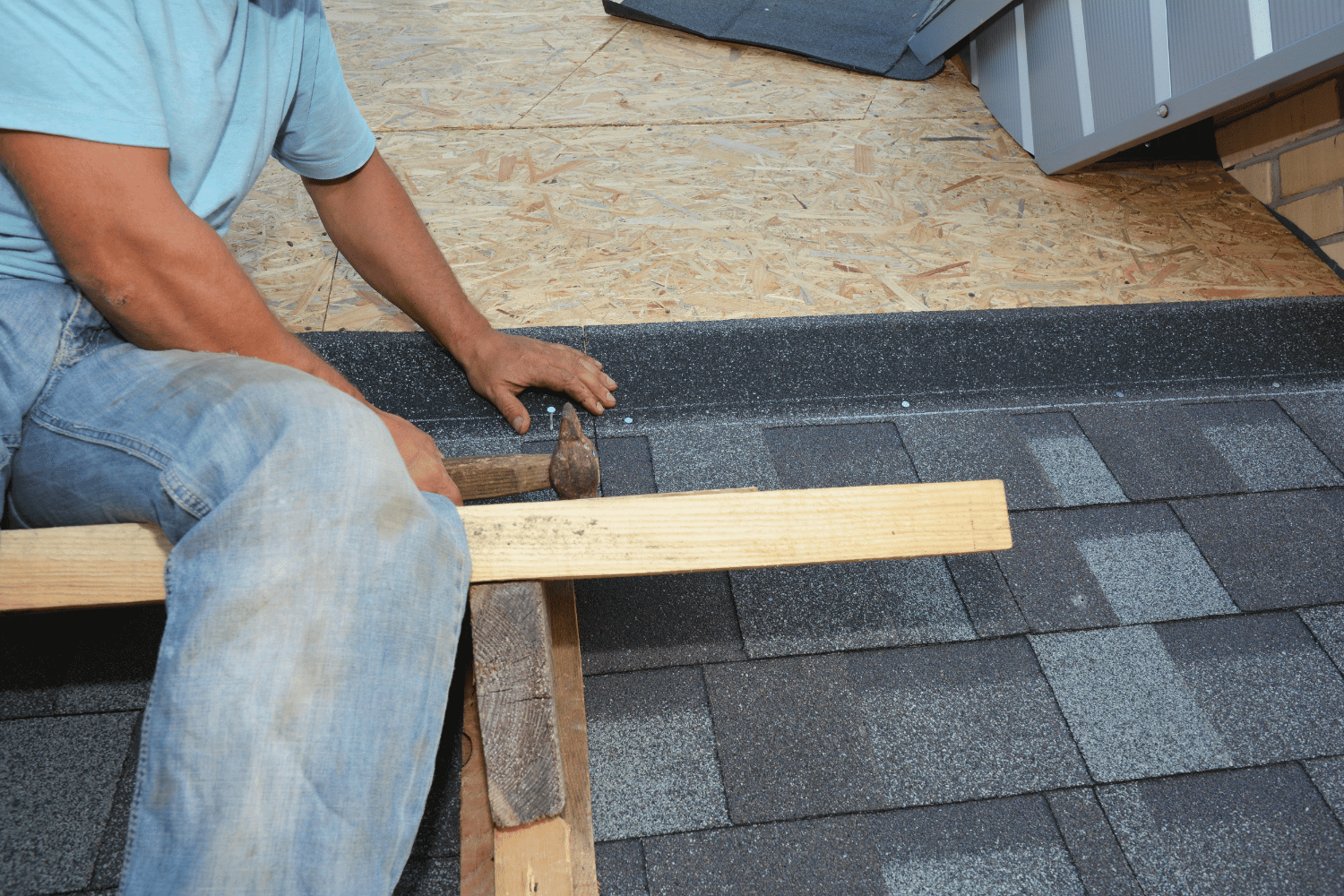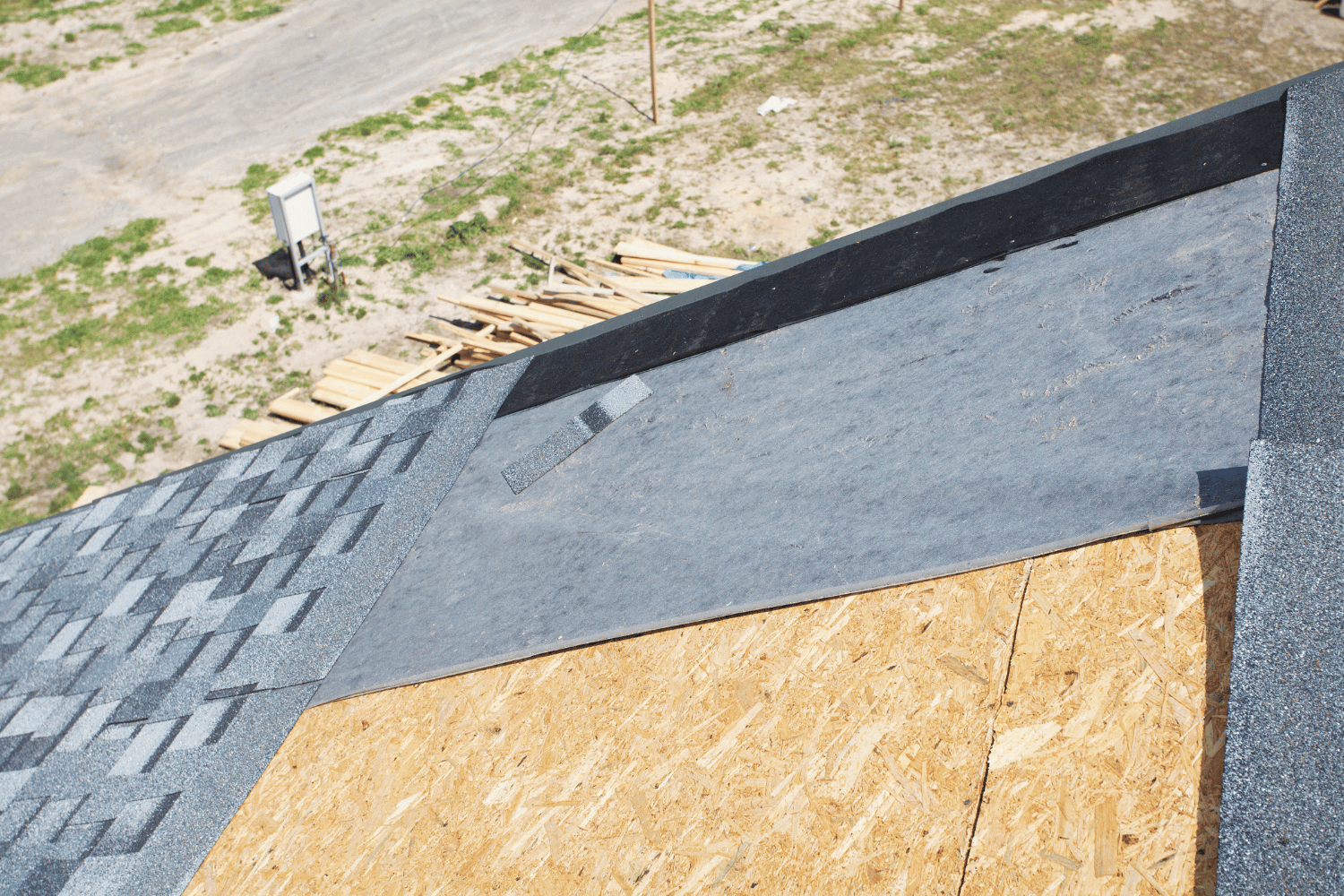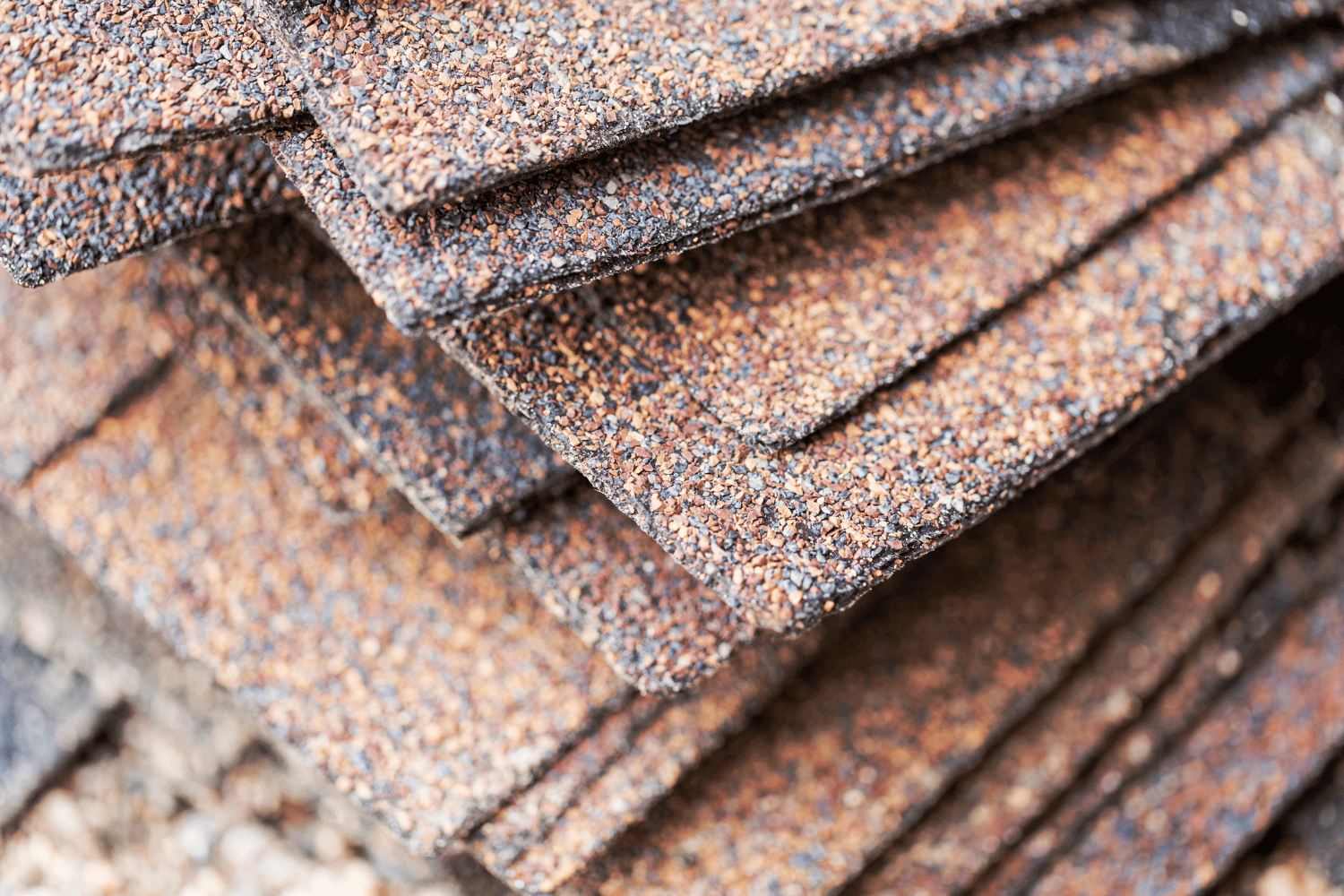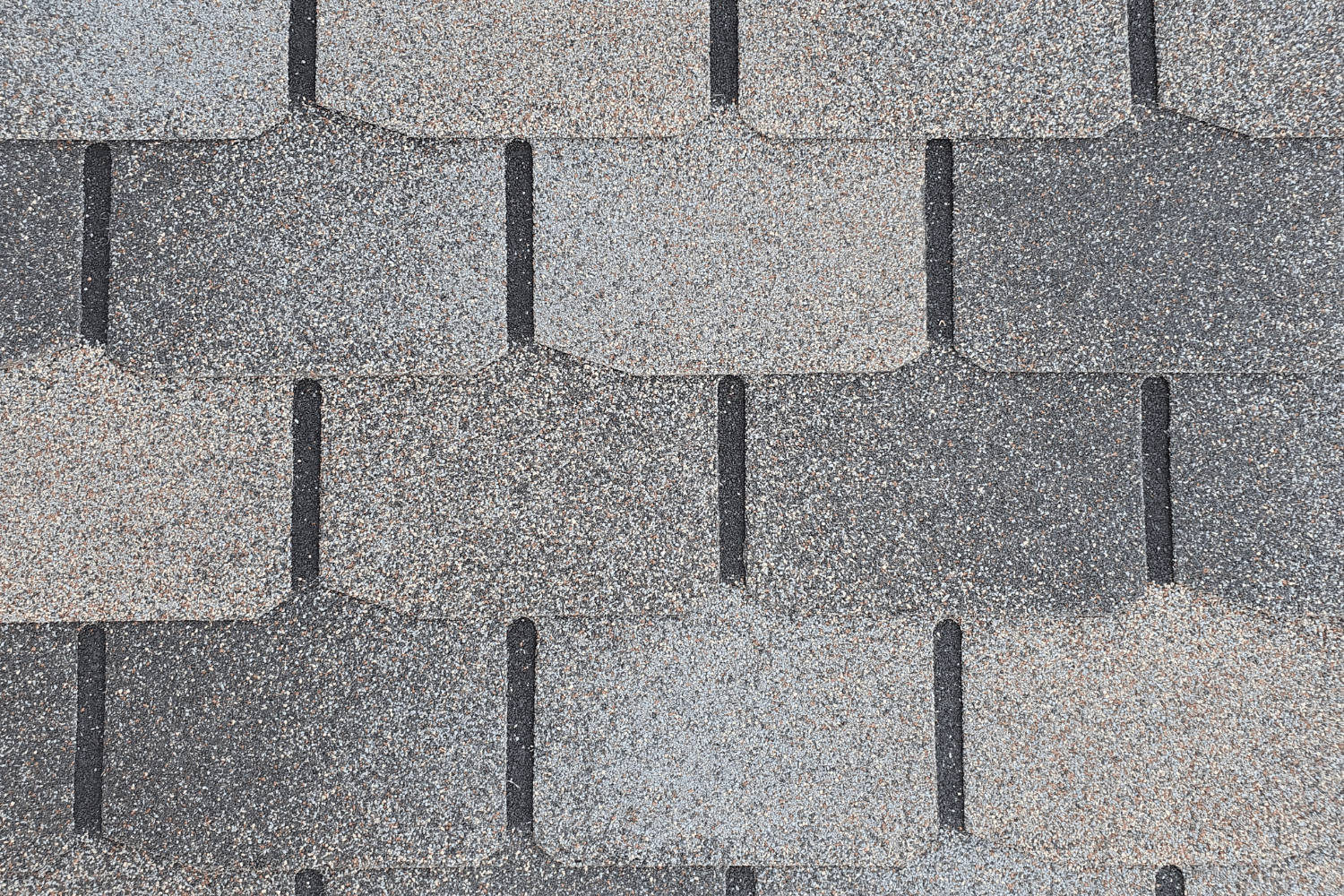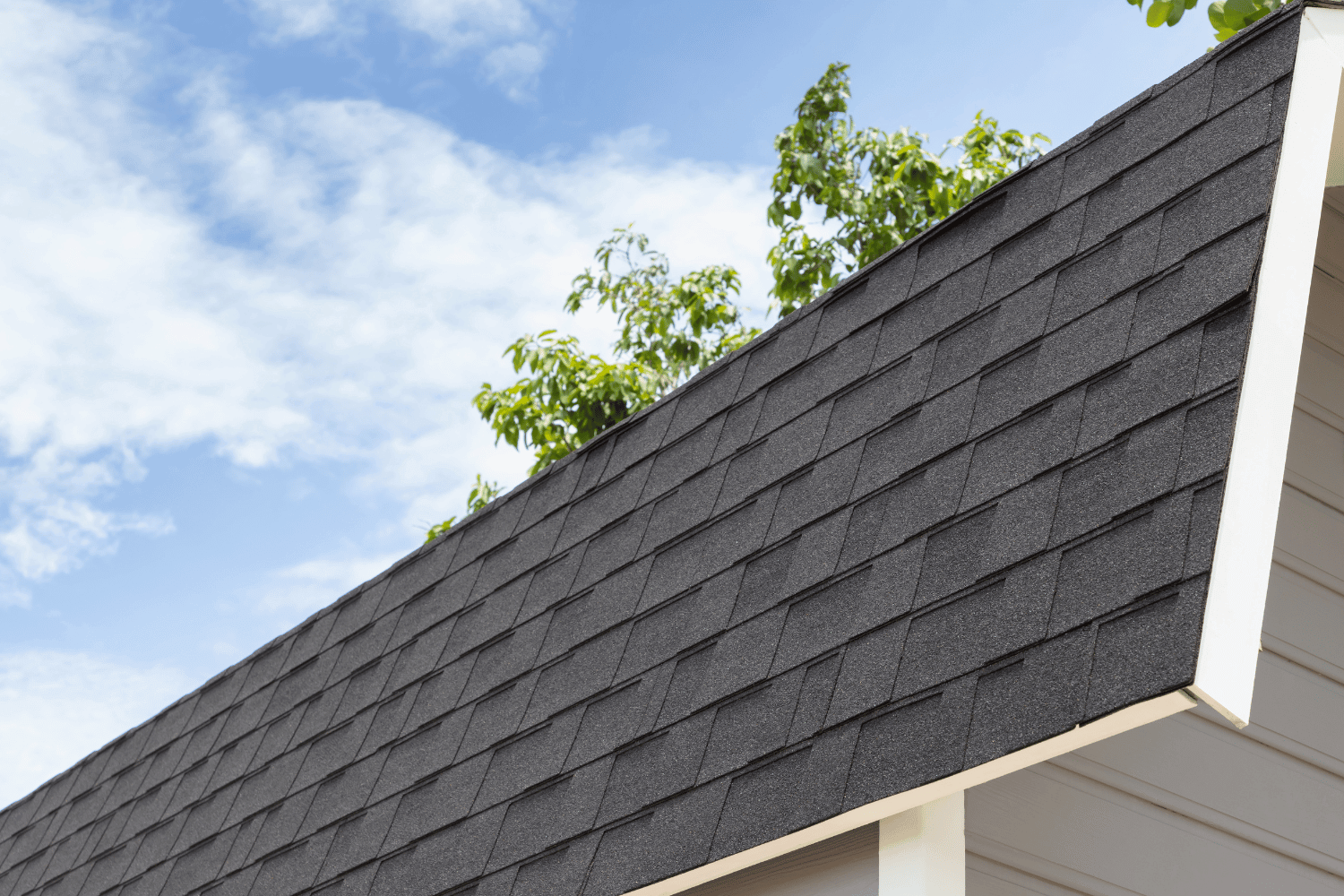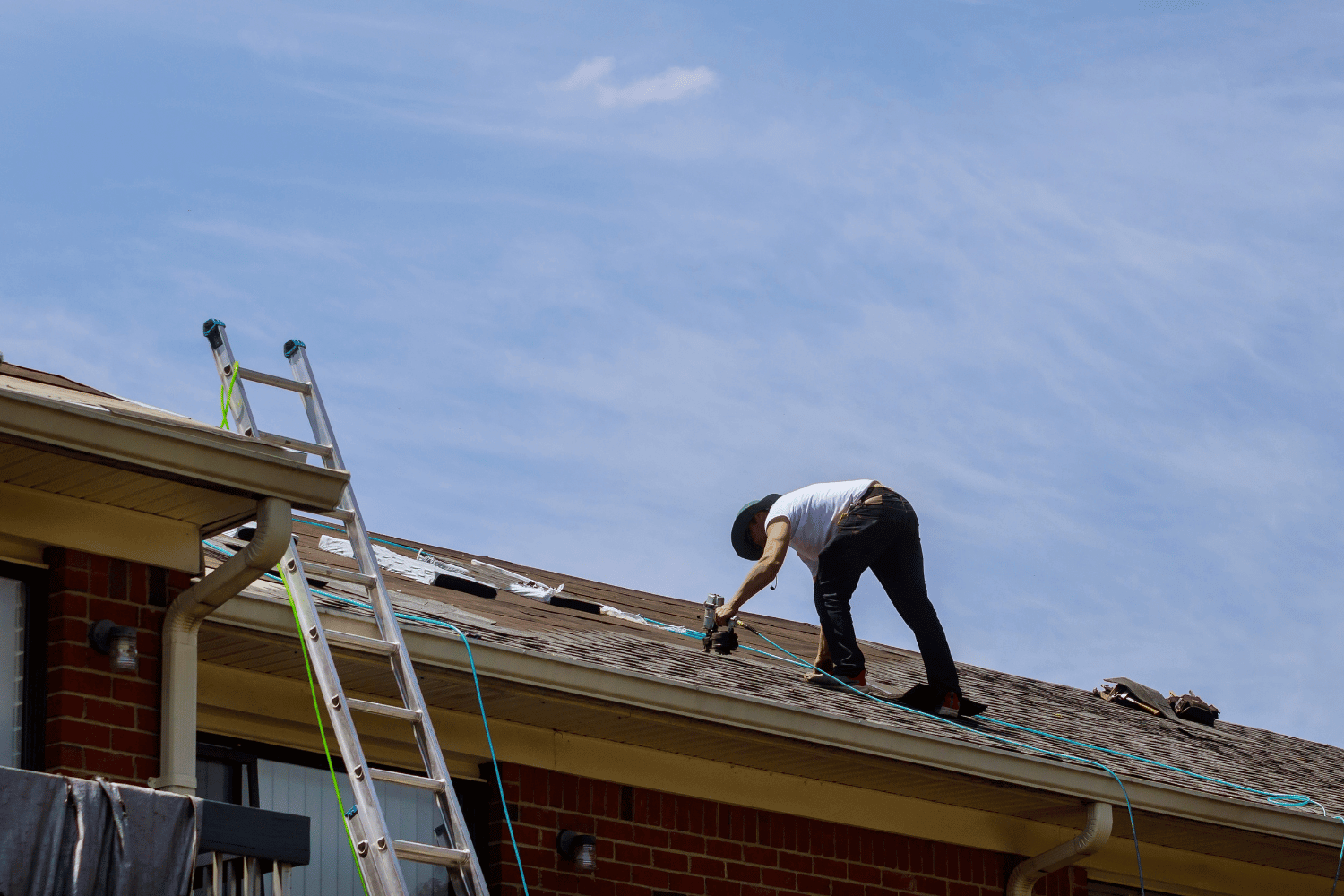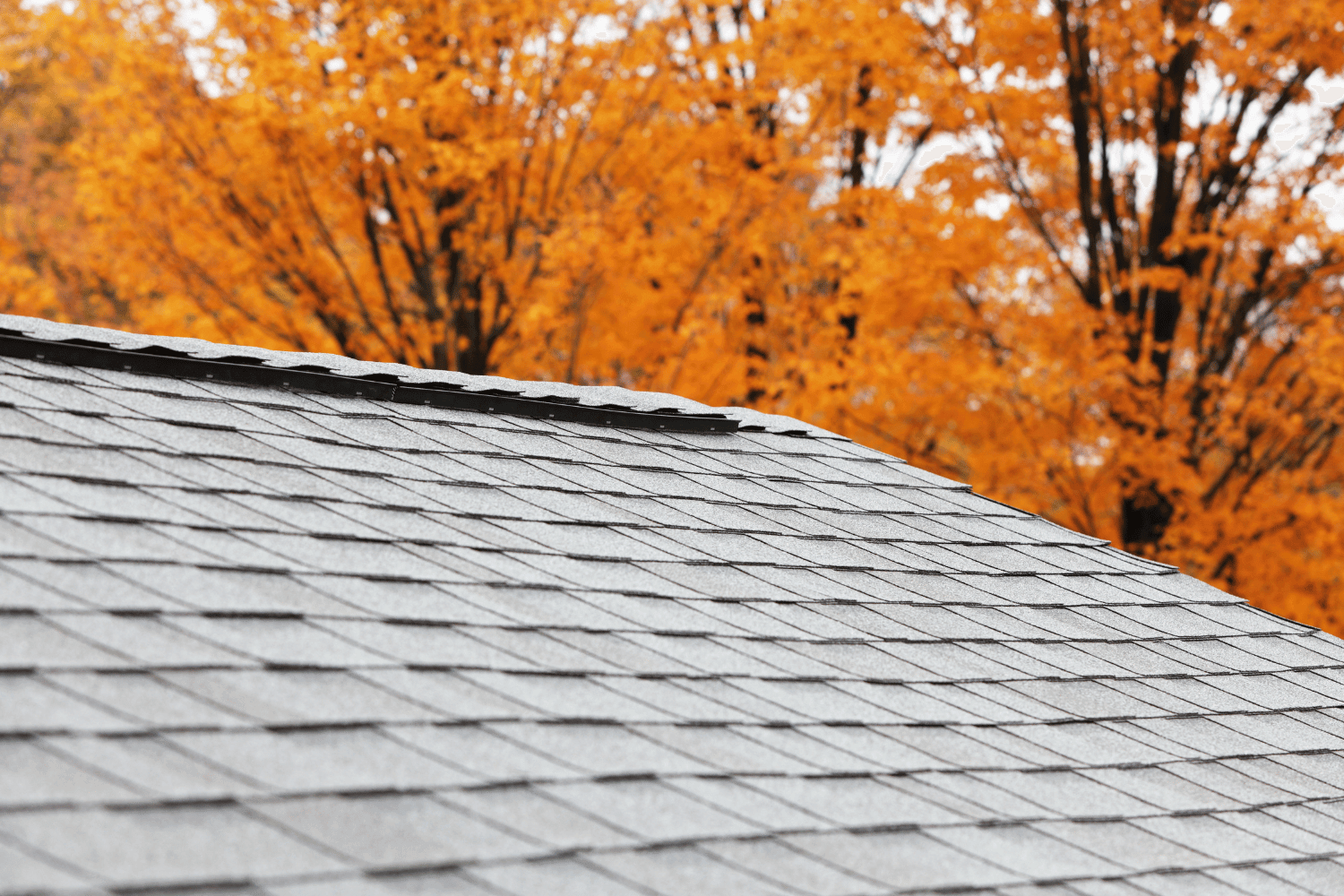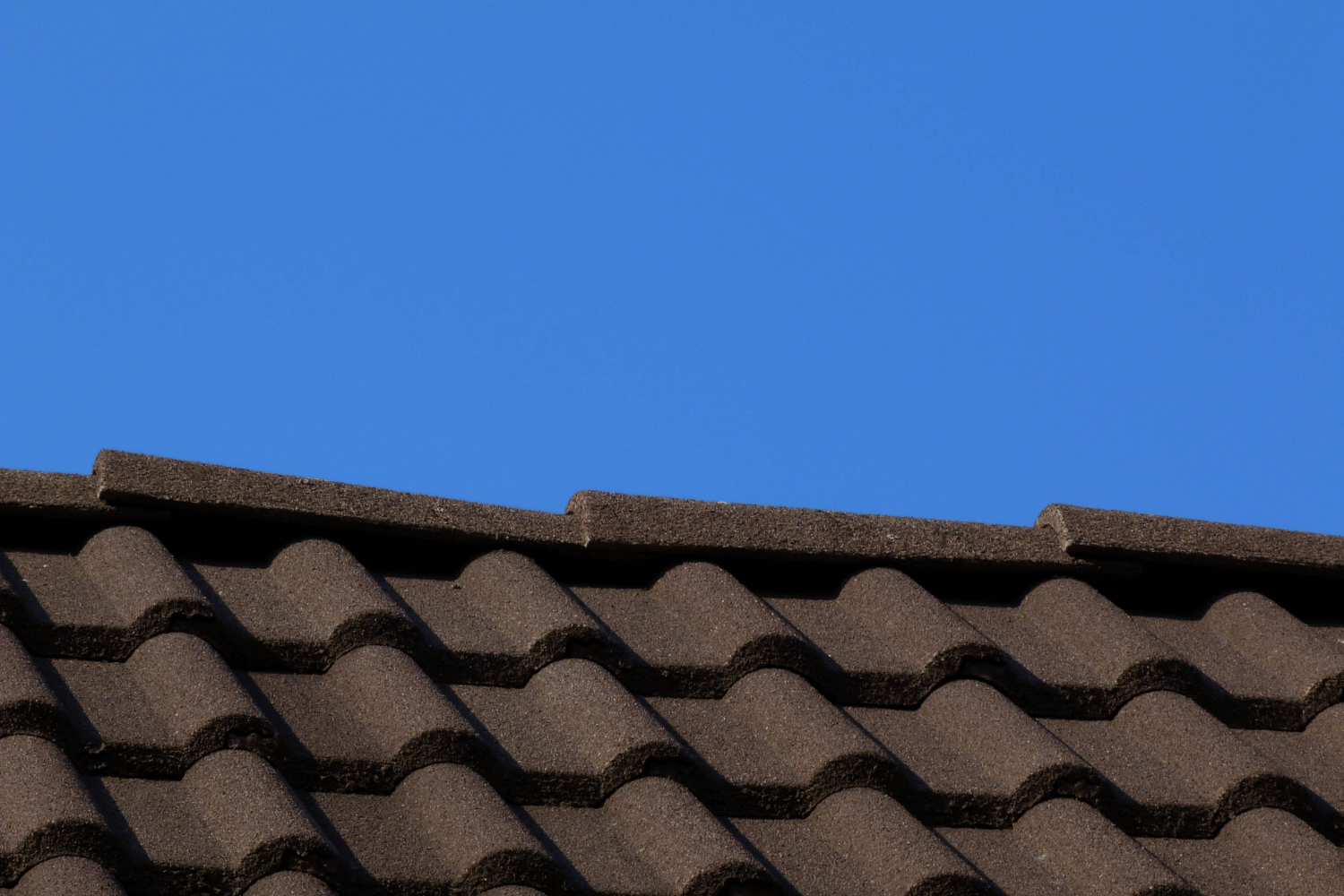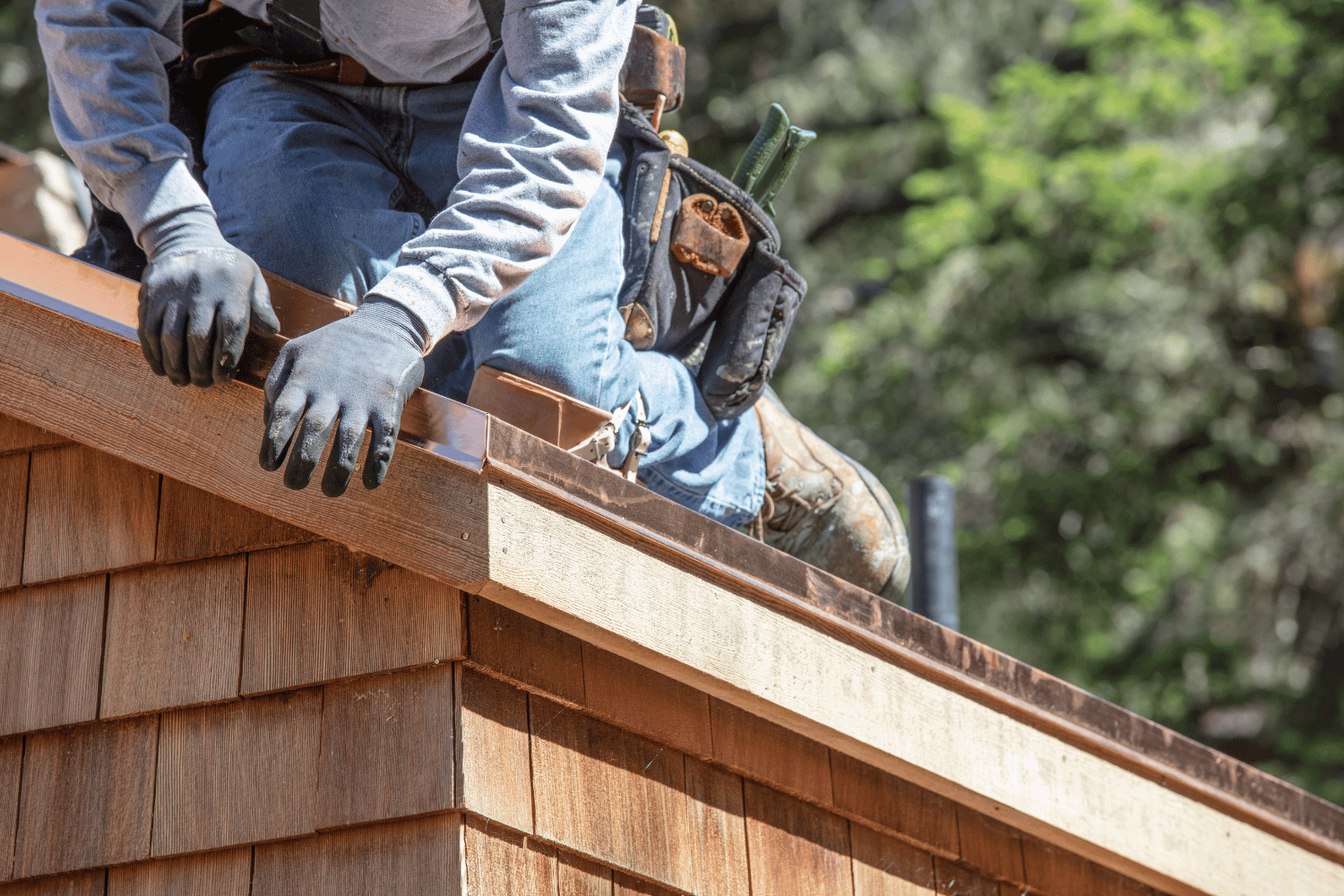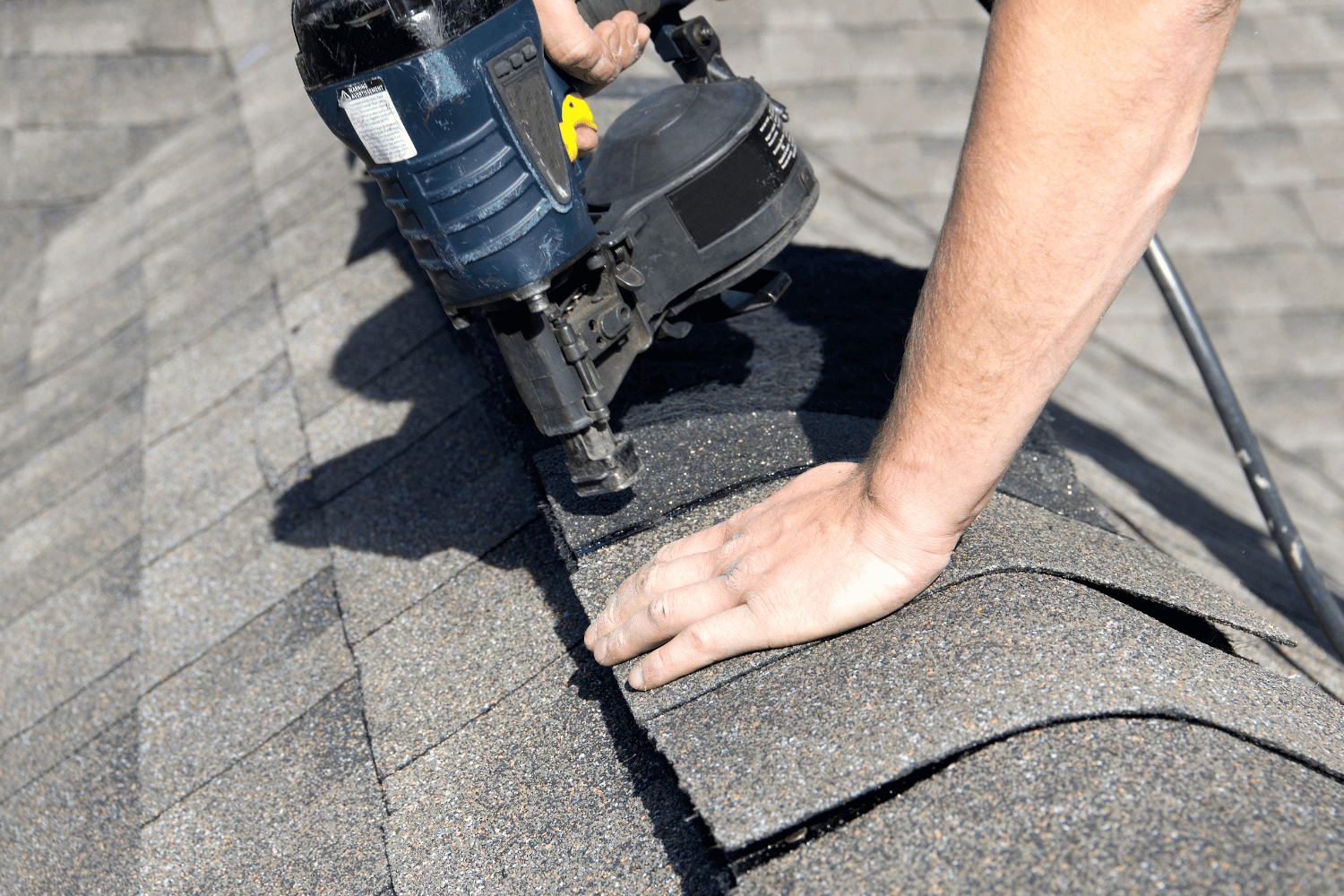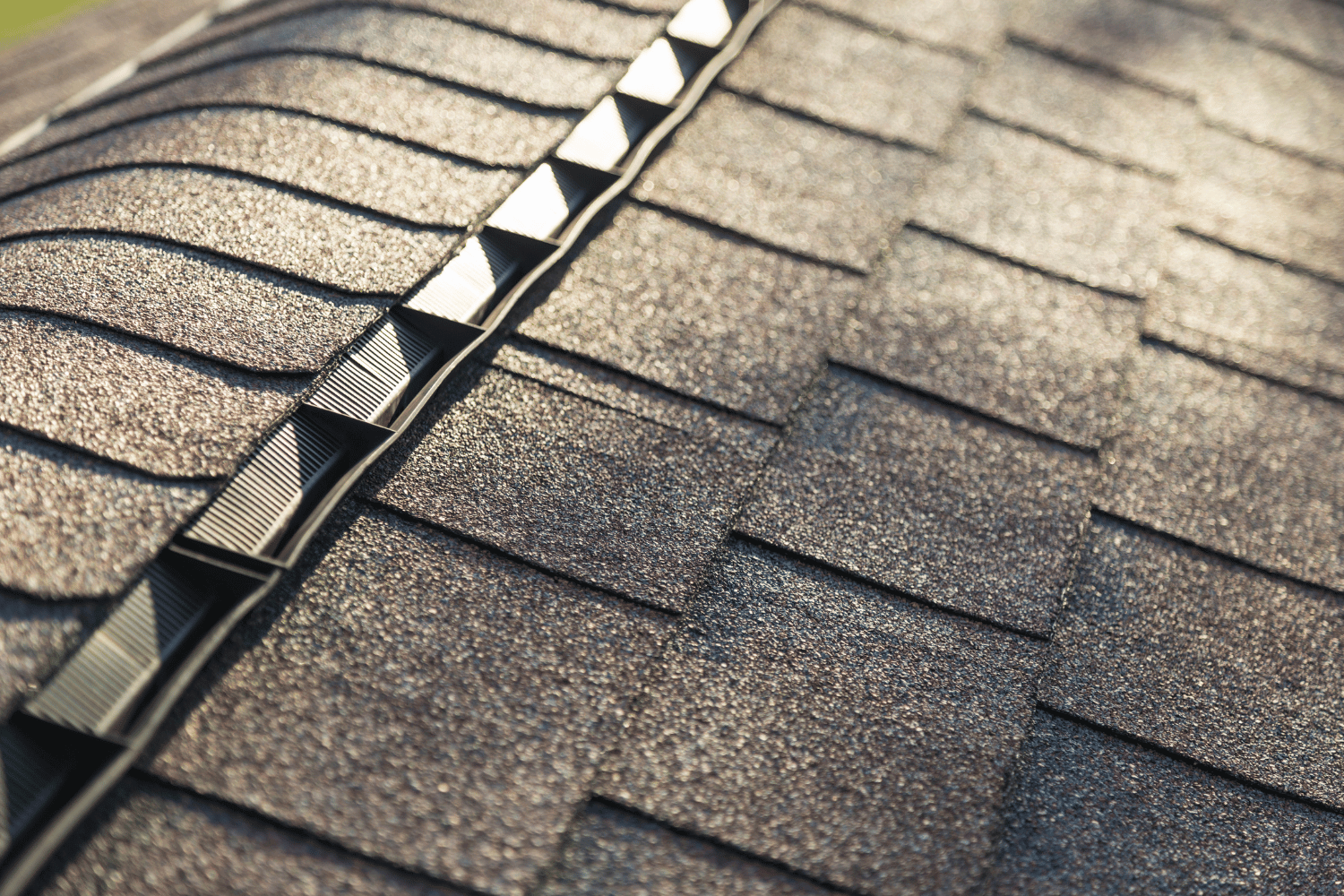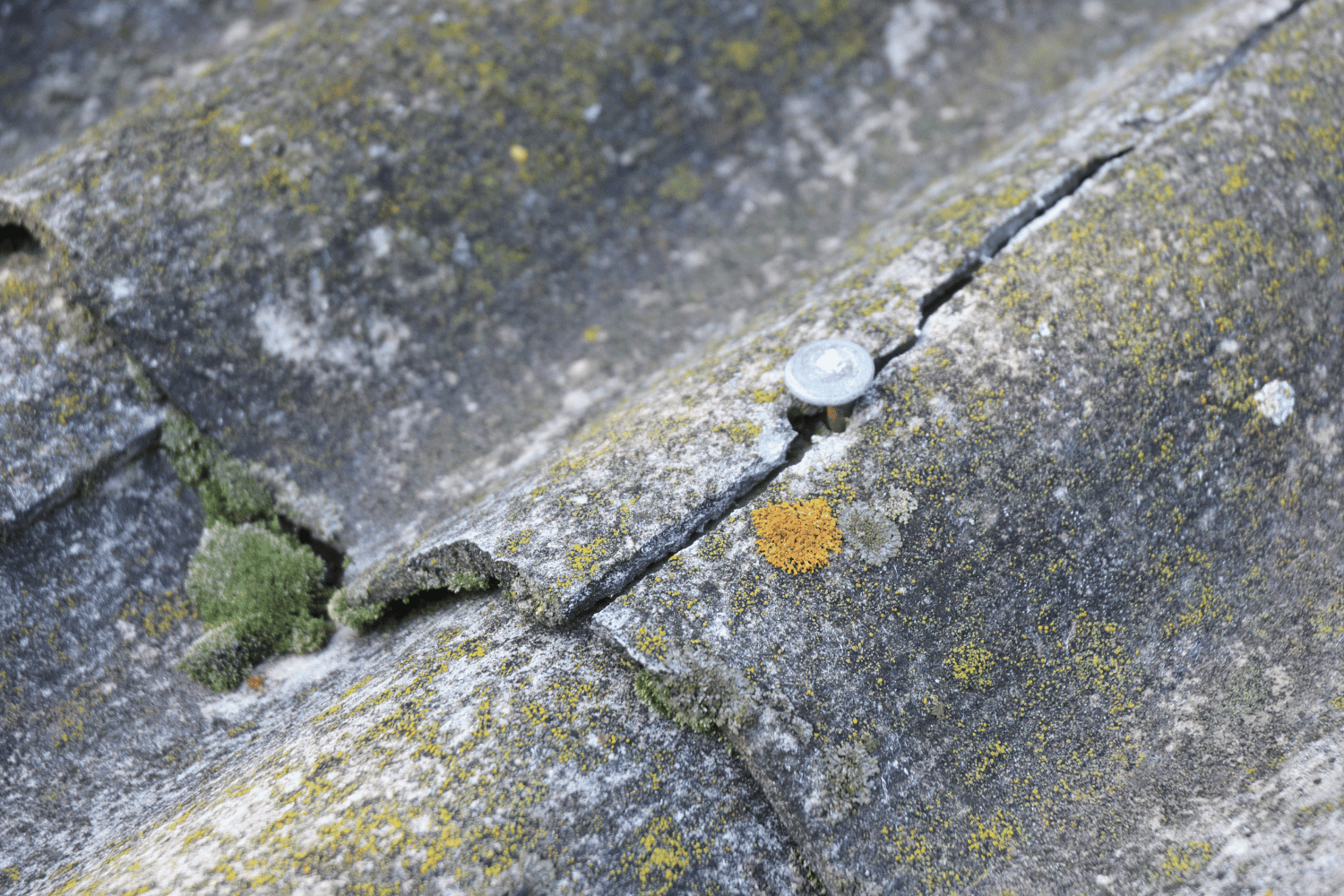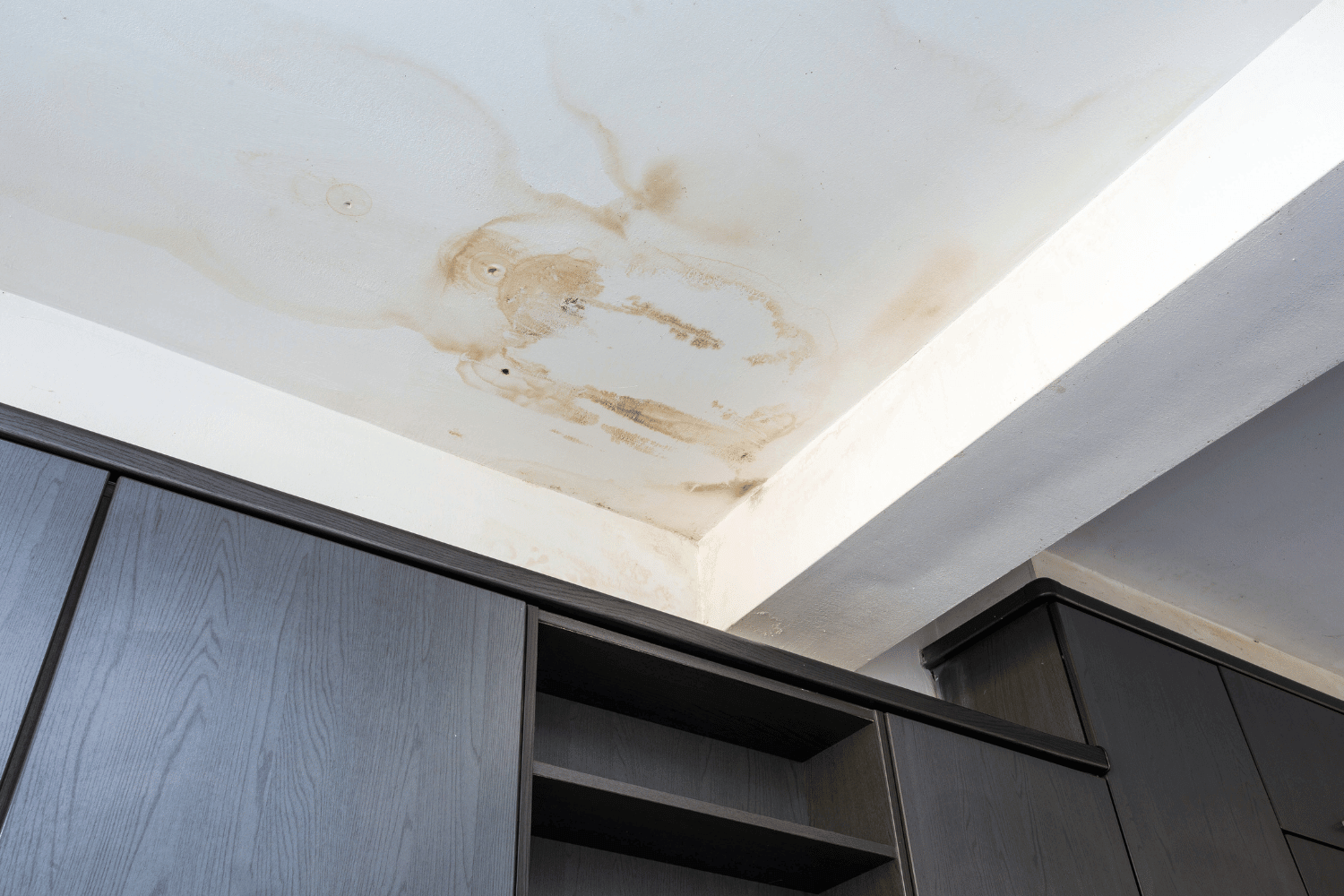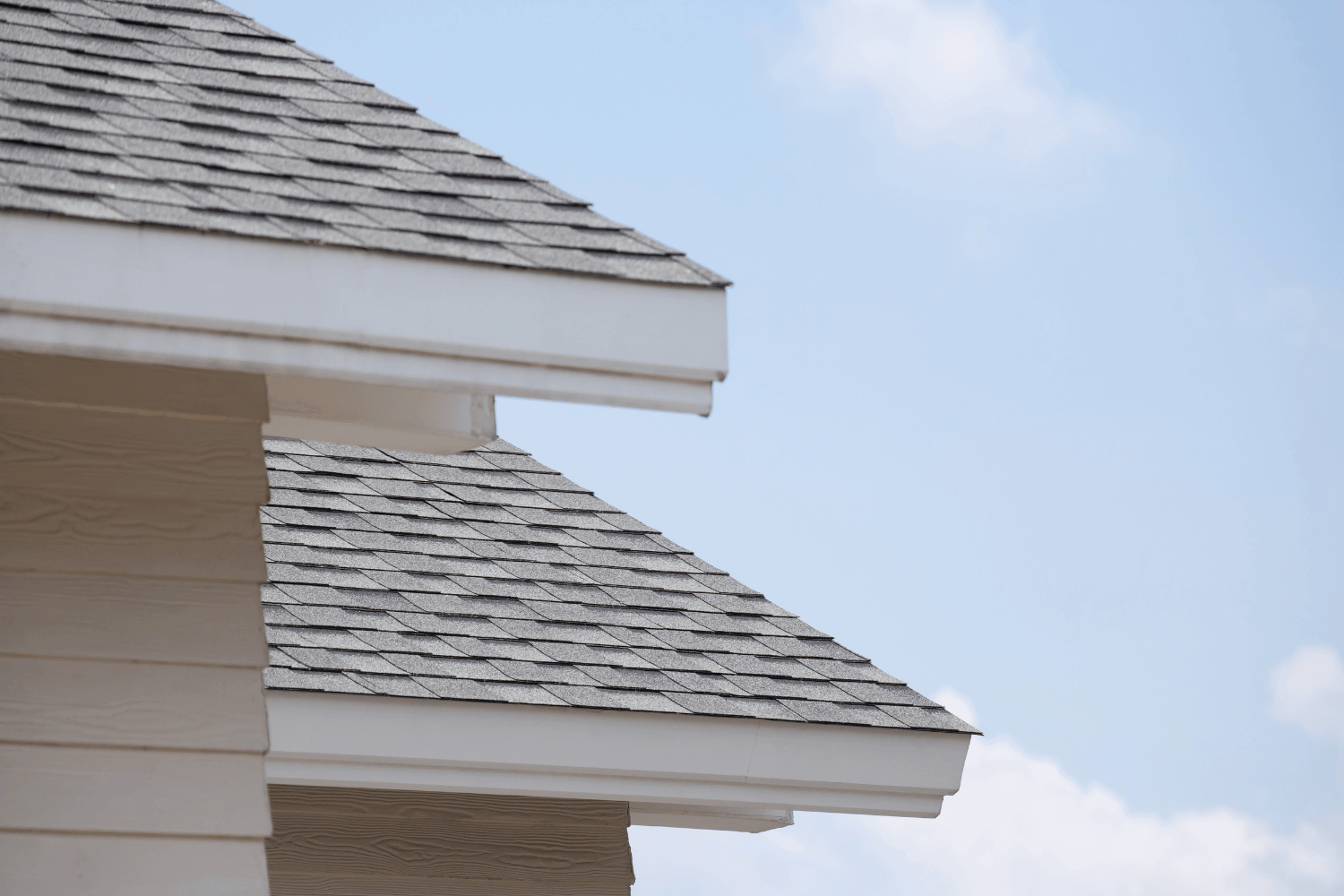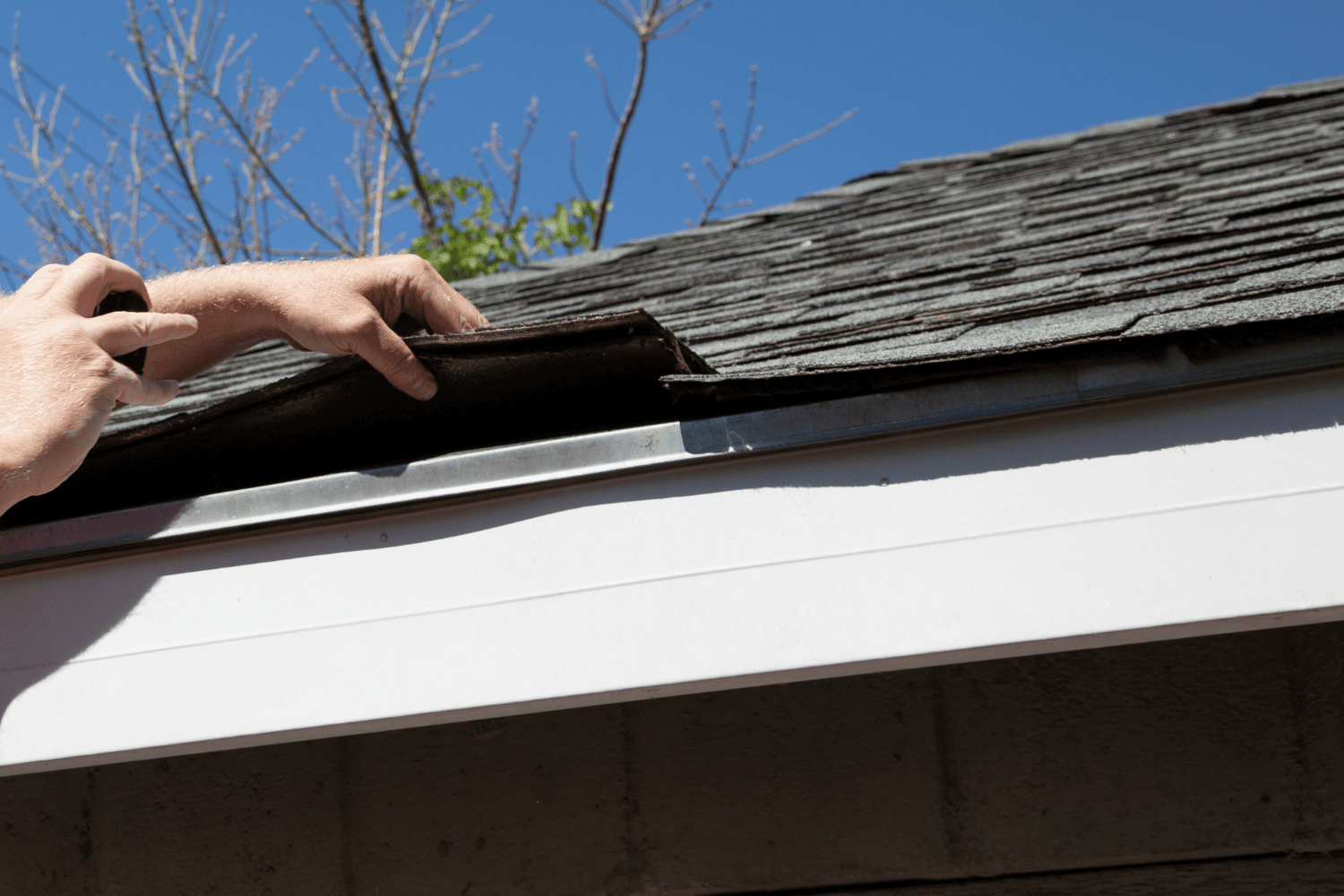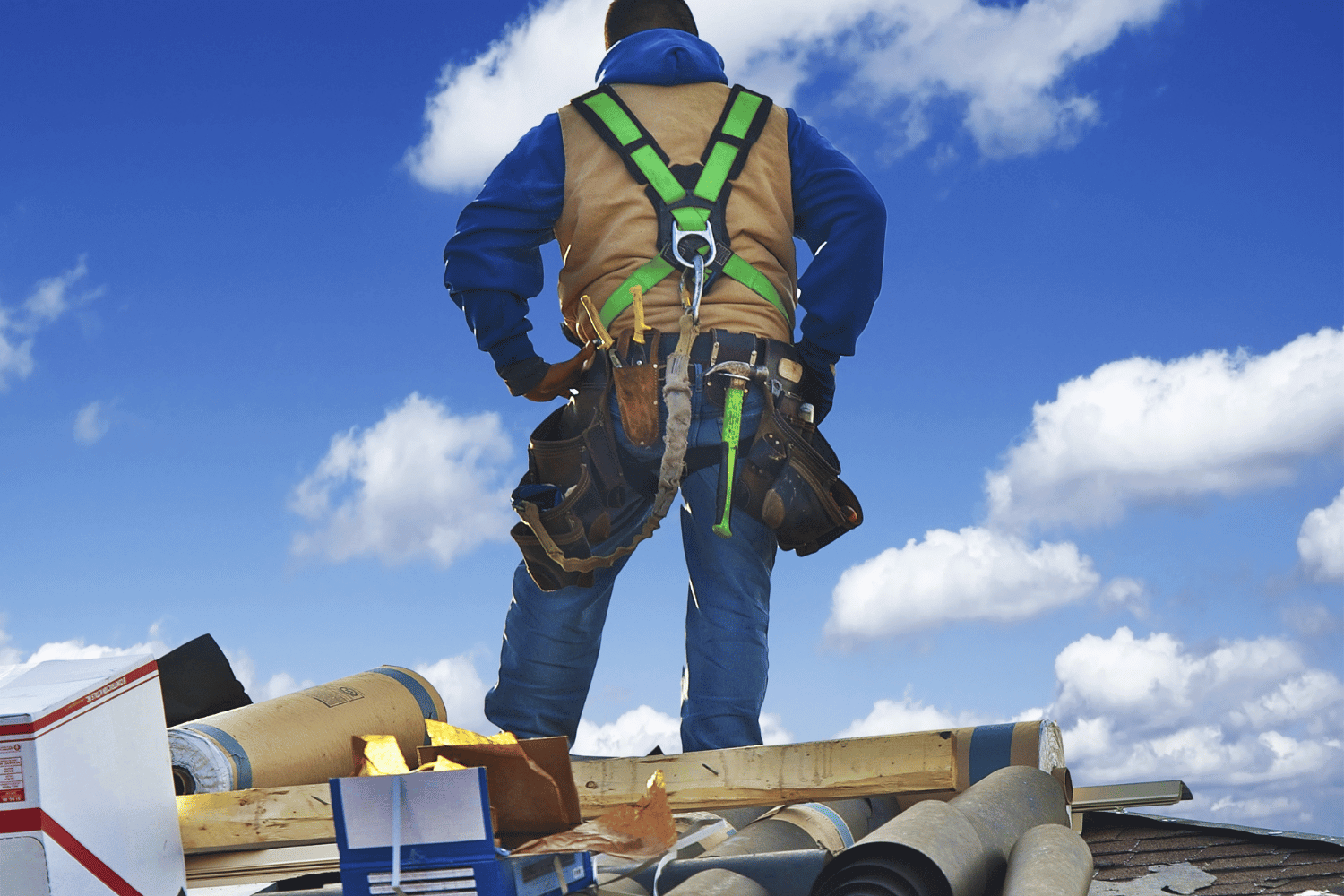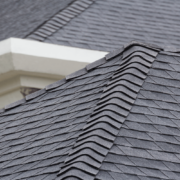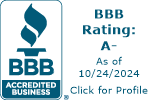Common Causes and Fixes for Shingle Buckling
Shingle buckling occurs when your roof shingles lift and deform due to moisture, improper installation, or aging materials. Ignoring this issue can lead to serious roof damage. This article will cover the main causes, preventive measures, and solutions for shingle buckling to help you maintain a healthy roof.
Key Takeaways
- Shingle buckling is primarily caused by moisture accumulation, improper installation, and aging roofs, which can compromise roofing integrity.
- Preventive measures, including proper attic ventilation, quality materials, and adherence to installation guidelines, are crucial in avoiding shingle buckling.
- Timely inspection and professional repair are essential to address buckled shingles, as costs can vary significantly based on the extent of the damage.
Understanding Shingle Buckling
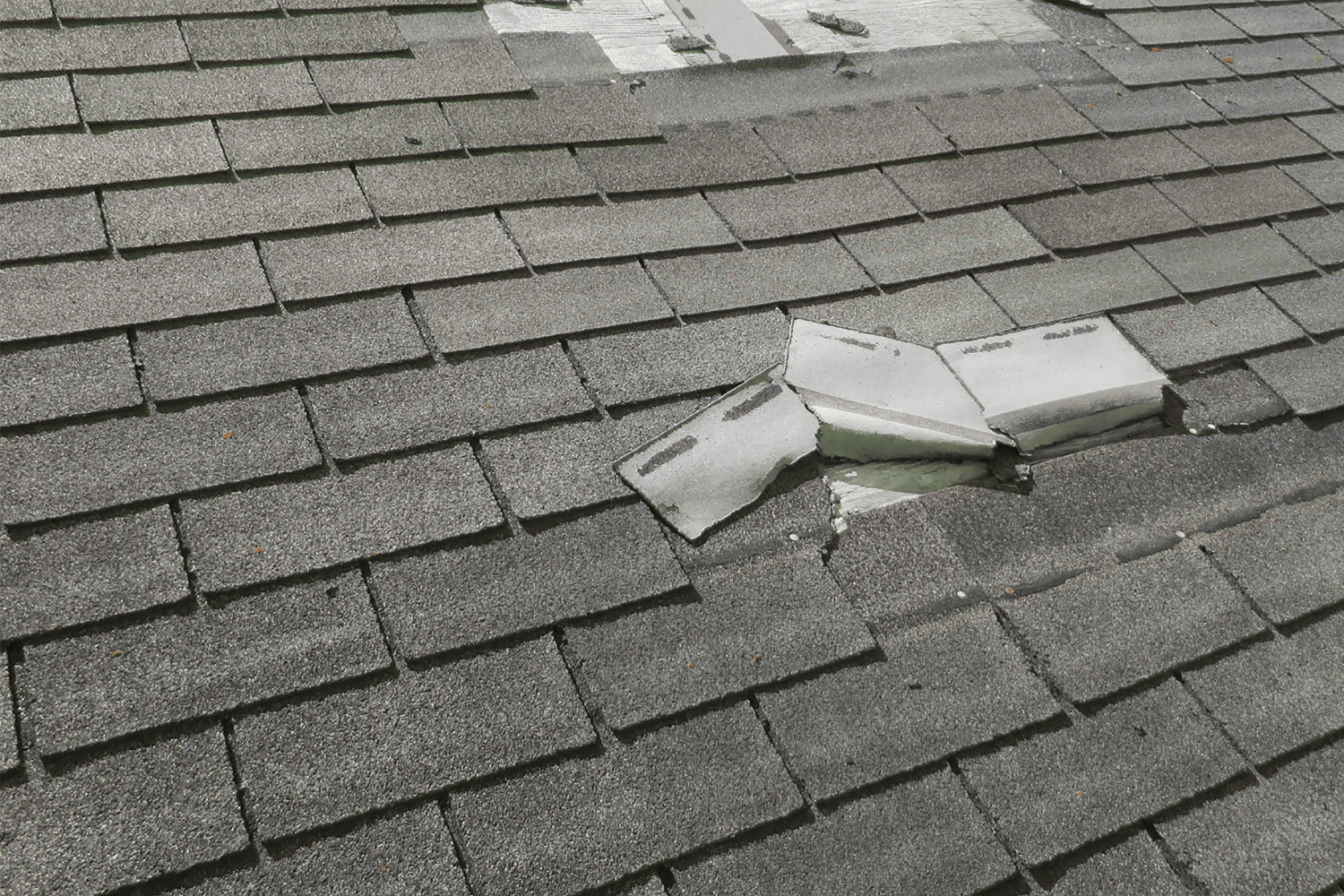
Shingle buckling is a telltale sign that something is amiss with your roofing system. Essentially, it happens when the wood roofing deck shifts or the underlayment wrinkles, pushing the shingles upwards. This can be due to structural issues or moisture accumulation, both of which can compromise the integrity of your roof.
The primary culprits behind curling shingles to buckle include moisture issues, improper installation practices, and the natural aging of the materials. Recognizing these factors enables timely action to avoid extensive damage.
Moisture Issues
Moisture is often the unseen enemy lurking beneath your roof shingles. When too much moisture accumulates, it can warp and wrinkle the roofing underlayment, causing the shingles to push upwards and buckle. This issue is especially common in older homes. These homes often have decks that are not adequately sealed. Additionally, using unconditioned roof deck materials or those not suited to local moisture conditions can exacerbate the issue.
Maintaining proper ventilation prevents excessive moisture from damaging your roof.
Improper Installation
Improper installation is another common cause of shingle buckling. When roof installers fail to follow the manufacturer’s guidelines, it creates vulnerabilities that can lead to significant problems. Techniques such as incorrect nailing, inadequate overlap, and neglecting to ensure proper ventilation can all contribute to this issue.
Following the manufacturer’s guidelines ensures the long-term health of your roof.
Aging Roofs
As roofs age, they become more susceptible to roof buckling due to the natural wear and tear from exposure to extreme weather conditions, UV rays, and temperature fluctuations. Older roofs that have not been maintained properly often suffer from degraded materials that lose their flexibility and coherence, leading to buckled shingles.
The repeated expansion and contraction of the roofing materials can also cause stress fractures, making the shingles brittle and prone to buckling if not replaced in a timely manner.
Common Causes of Shingle Buckling
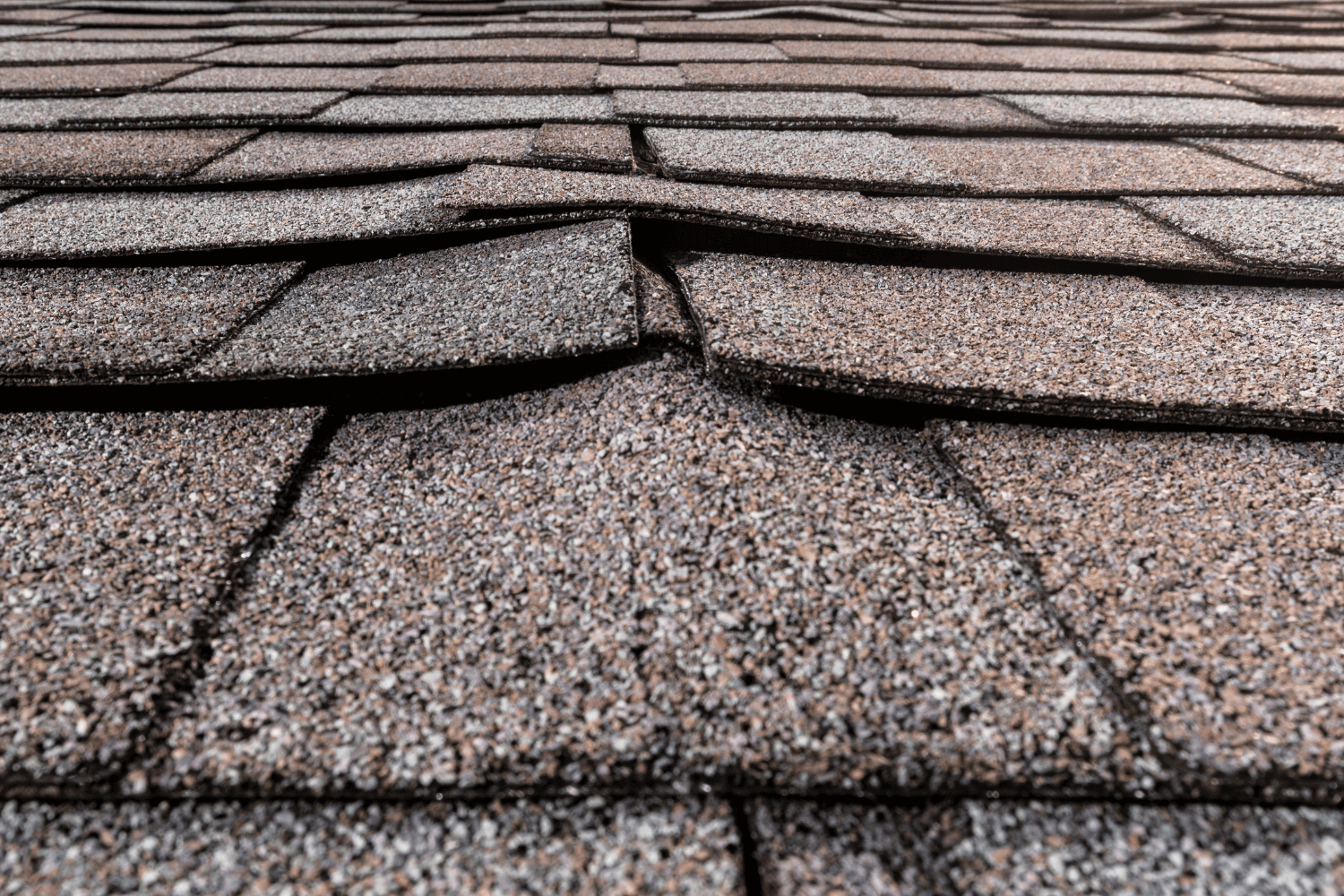
Shingle buckling can be attributed to several common causes, each of which compromises the integrity of your roof. Excess moisture in the air, resulting in the wood deck absorbing humidity, is a primary factor. Improper nailing and inadequate overlap during installation can also lead to shingle buckling. Additionally, poor ventilation and insufficient spacing between roof deck panels play significant roles in this issue.
Recognizing these causes allows for effective prevention and timely remediation.
Wet Roofing Underlayment
Wet roofing underlayment is a major culprit behind shingle buckling. When the underlayment absorbs moisture, it tends to wrinkle, leading to deformation of the shingles. Properly sealing and keeping the underlayment dry before and during installation prevents this issue.
This highlights the importance of using appropriate materials and maintaining dry conditions during the roofing process.
Poor Attic Ventilation
Poor attic ventilation can lead to a buildup of heat and moisture, which in turn causes shingle buckling. Proper attic ventilation helps in maintaining a moisture equilibrium, preventing the underlayment from wrinkling and affecting the shingles.
Effective ventilation also helps in preventing ice dams and maintaining the overall integrity of the roof. It’s recommended to have at least 960 square inches of ventilation area for every 1,000 square feet of ceiling area.
Inadequate Roof Deck Spacing
Inadequate spacing between roof deck panels can restrict wood movement, leading to expansion-related shingle buckling. Proper spacing, such as maintaining at least 1/8 inch between panels, allows for the natural movement of wood and helps prevent buckling in roof decking.
This spacing is crucial for the overall health of your roofing system, as it accommodates the expansion and contraction of the materials.
Preventing Shingle Buckling
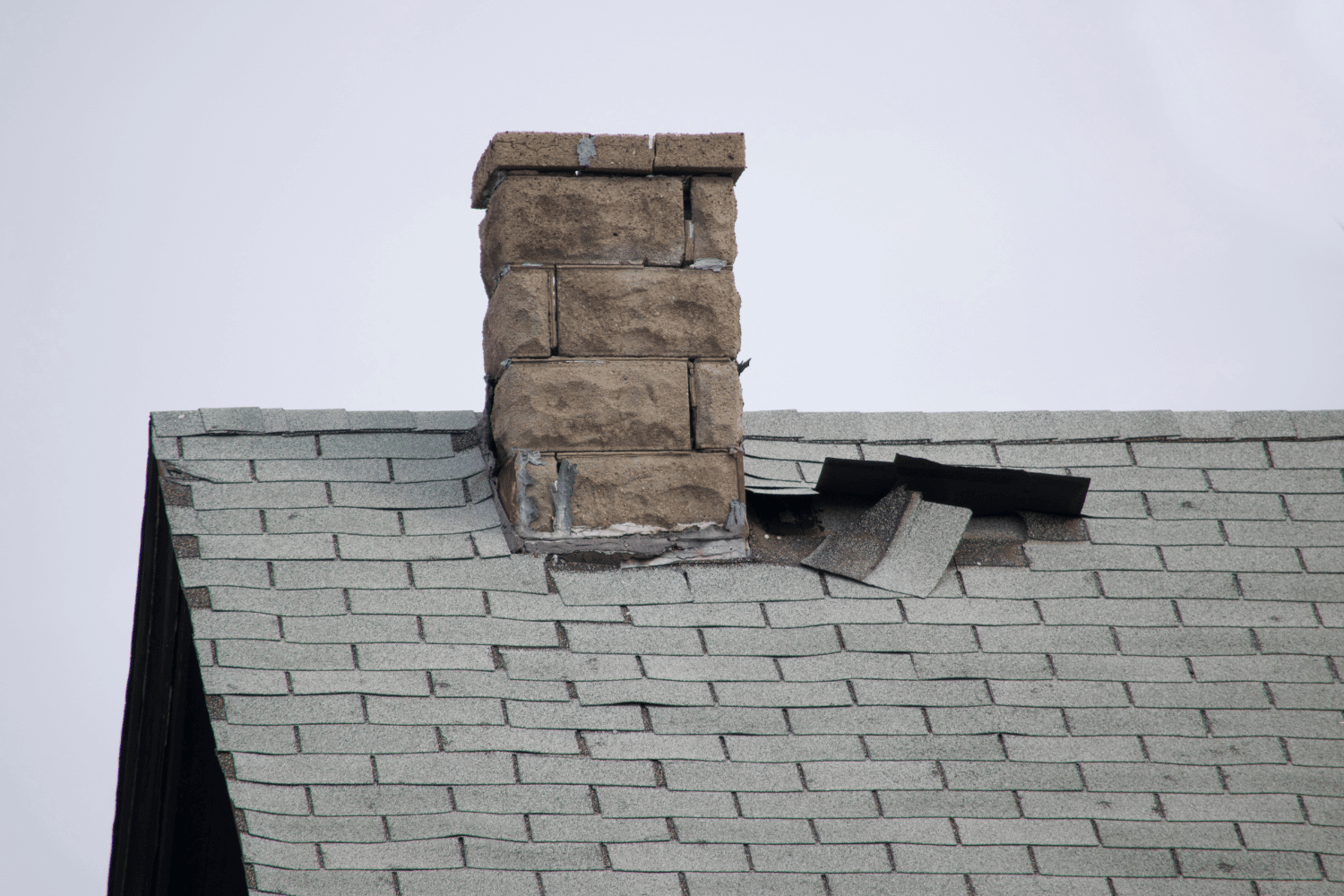
Preventing shingle roof buckling involves a combination of proper attic ventilation, the use of quality roofing materials, and correct installation practices. By ensuring these elements are in place, homeowners can significantly reduce the risk of buckled shingles and extend the life of their roof.
This section will delve into each of these preventive measures in detail.
Proper Attic Ventilation
Proper attic ventilation is essential in preventing shingle buckling in the attic space. Restricted airflow can lead to heat and moisture buildup, which in turn causes the underlayment to wrinkle and affect the shingles.
Installing ridge or gable vents improves attic ventilation, enhancing the roof’s longevity and maintaining moisture balance. Proper attic ventilation is one of the most effective ways to prevent shingle buckling.
Quality Roofing Materials
High-quality roofing materials suited to the local climate help prevent shingle buckling. Keeping materials dry before and after installation enhances their performance and longevity. Additionally, using a compatible underlayment during installation can help avoid future issues related to moisture absorption.
Professional roofing work extends the lifespan of materials and reduces the need for frequent repairs.
Correct Installation Practices
Adhering to the manufacturer’s instructions during installation prevents future roofing issues. Neglecting these guidelines can lead to buckling and other problems. It’s also important to avoid installing new shingles over old ones, as this can exacerbate the issue.
Correct installation practices ensure the longevity and performance of the roofing system.
Addressing Buckled Shingles
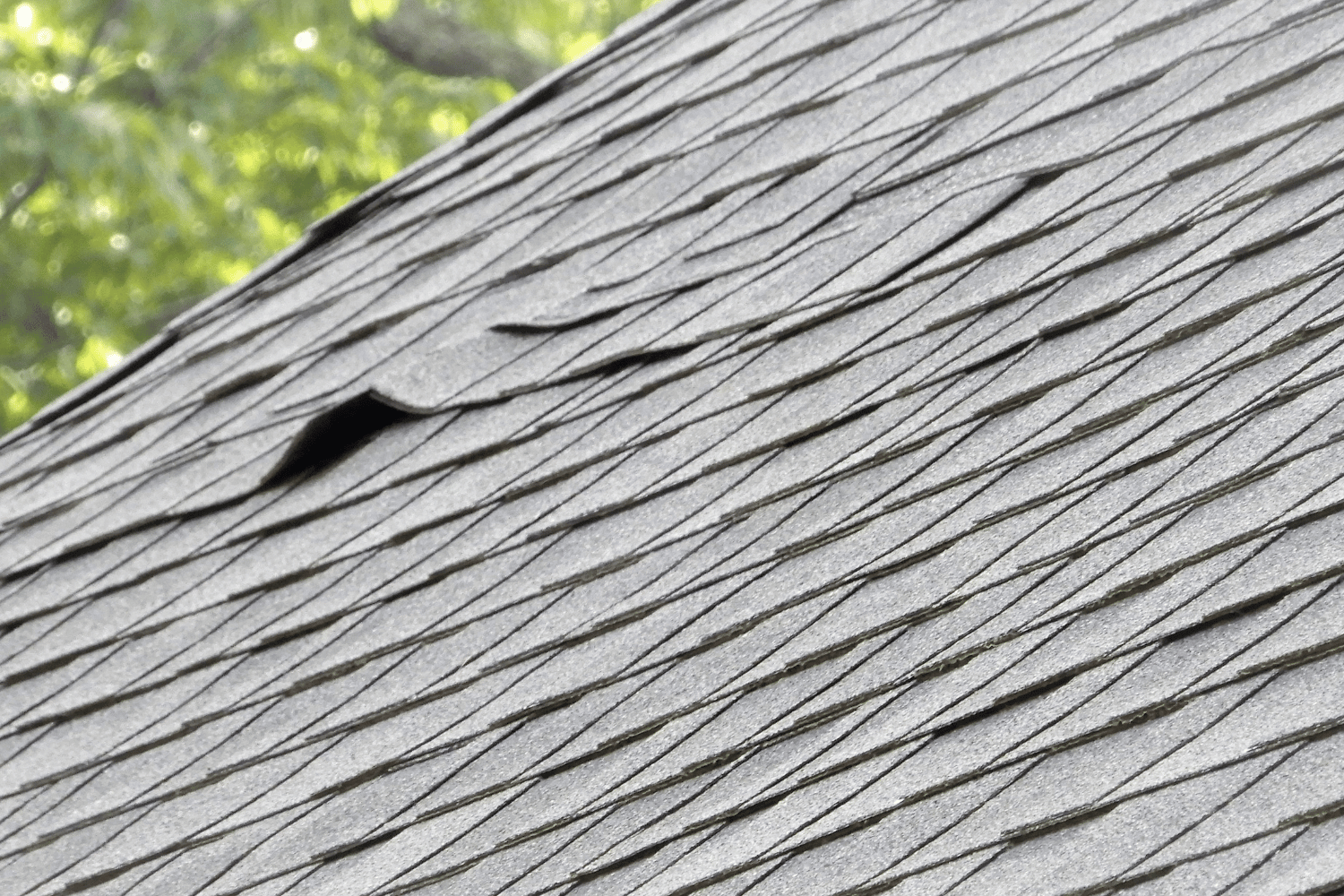
Addressing buckled shingles requires regular inspections, professional repairs, and sometimes full roof replacements. These methods help in identifying problems early, providing effective solutions, and ensuring the longevity of your roofing system.
This section will explore each of these strategies in detail.
Regular Inspections
Regular inspections maintain the integrity of your roof. Scheduling bi-annual inspections allows homeowners to catch early signs of buckling or other damage, preventing more severe problems later on. These inspections can identify excess moisture in the roofing underlayment and inadequate ventilation in the attic, both of which can lead to serious roof damage.
Consistent inspections extend the roof’s lifespan and prevent costly repairs.
Professional Repairs
Professional repairs are often the best solution for buckled shingles. Attempting repairs without adequate knowledge can lead to increased damage and significant financial implications.
Contractors offer thorough assessments to determine the best repair or replacement strategy. Professional roofers ensure safety, long-term solutions, and often provide warranties for their work.
Full Roof Replacement
In cases of extensive damage, a full roof replacement may be necessary. This option is often more beneficial than multiple repairs, especially if the buckling indicates widespread damage or poor installation.
A complete roof replacement offers enhanced durability and resistance to environmental factors, ensuring long-term home protection.
Cost Considerations for Repairing Buckled Shingles
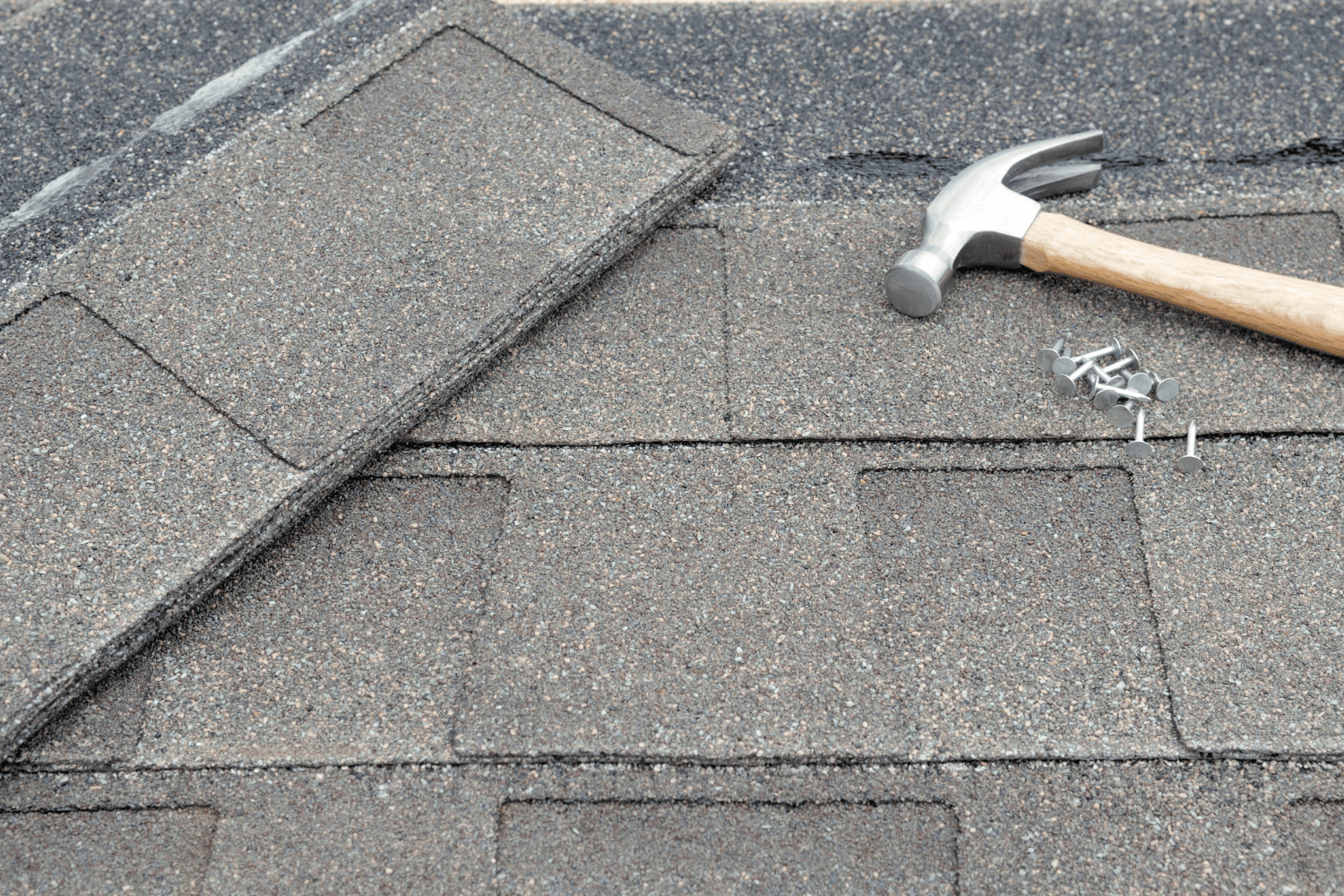
Repairing buckled shingles involves various expenses, affecting home maintenance budgets. The cost for these repairs can fluctuate significantly, typically ranging from $150 to $8,000, influenced by the nature of the damage and the type of repair needed. Ignoring buckled shingles can escalate roof damage and lead to even costlier repairs, making timely intervention crucial.
Minor Repairs
Minor repairs usually involve tasks such as re-nailing or re-adhering affected shingles, with estimated costs ranging from $150 to $300. These repairs typically address small sections of the roof and are relatively quick to fix.
Handling minor buckling promptly prevents further damage.
Moderate to Major Damage
For more extensive damage, repair costs can range from $1,000 to $3,000 for moderate issues and $3,000 to $6,000 or more for major repairs. Extensive buckling requires a comprehensive approach, often involving significant roof replacement.
This approach ensures roof stability and longevity.
DIY vs. Professional Repair: Making the Right Choice
Choosing between DIY and professional repair for buckling shingles involves weighing the pros and cons. DIY repairs may be cost-effective for minor issues but carry significant risks for complex problems.
Hiring professional roofers ensures safe and effective repairs, reducing further damage and ensuring long-term effectiveness.
Safety Concerns
Safety is a major concern when attempting DIY roof repairs. Attempting complicated repairs without proper knowledge can worsen the issue. This may also result in expensive mistakes. Additionally, falls from roofs are a leading cause of serious injuries, particularly among untrained individuals.
It’s crucial to consider these risks before deciding on a DIY approach.
Long-Term Effectiveness
Experienced roofing contractors install shingles correctly, minimizing future buckling. Professional repairs not only address the immediate issue but also provide long-term solutions that enhance the overall health of the roofing system.
This long-term effectiveness makes professional repairs a worthwhile investment.
Dream Home Roofers’ Expertise
Dream Home Roofers bring decades of experience and a commitment to customer satisfaction to every project. Using premium Owens Corning materials from a trusted roofing manufacturer, they ensure the highest quality and durability for all roofing solutions.
Their expertise covers a wide range of roofing issues, including shingle buckling, ensuring homeowners receive reliable and professional services.
High-Quality Materials
Dream Home Roofers use high-quality materials like Owens Corning products in all their projects. These premium materials prevent issues like shingle buckling and ensure roof durability. Their commitment to using only the best materials underscores their dedication to customer satisfaction.
Satisfaction Guaranteed
Dream Home Roofers stand by their work with a strong commitment to customer satisfaction. With decades of experience, they have built a reputation for excellent craftsmanship and reliable solutions. They use premium Owens Corning materials to ensure the highest quality and durability.
Currently, they offer a 50% discount on materials and 0% financing options for full roof replacements, making it an ideal time for homeowners to invest in their roofing needs.
Summary
Shingle buckling is a critical issue that can compromise the integrity and aesthetic of your home. By understanding the causes, such as moisture issues, improper installation, and aging roofs, homeowners can take proactive steps to prevent this problem. Regular inspections, professional repairs, and using quality materials are key strategies to address and prevent buckling shingles. Dream Home Roofers’ expertise provides homeowners with reliable, cost-effective solutions to maintain their roofs. Investing in your roof today ensures the longevity and safety of your home for years to come.
Frequently Asked Questions
What promotion is currently being offered by Dream Home Roofers?
Dream Home Roofers is currently offering 50% off materials along with 0% financing on full roof replacements. This is a great opportunity to invest in your home’s roofing needs.
What type of roofing materials does Dream Home Roofers work with?
Dream Home Roofers utilizes a range of premium Owens Corning roofing materials, ensuring quality and durability in their projects.
What are architectural shingles?
Architectural shingles are a layered asphalt product that offers enhanced depth and texture compared to traditional three-tab shingles, making them a popular choice for improved aesthetic appeal and durability.
What are dimensional shingles?
Dimensional shingles, or architectural shingles, are premium asphalt shingles known for their multi-layered design that adds depth and texture to roofs. They offer enhanced durability and aesthetic appeal compared to traditional shingles.
What financing options does Dream Home Roofers provide?
Dream Home Roofers offers flexible financing options that allow homeowners to upgrade their homes without upfront costs, making renovations more accessible.

